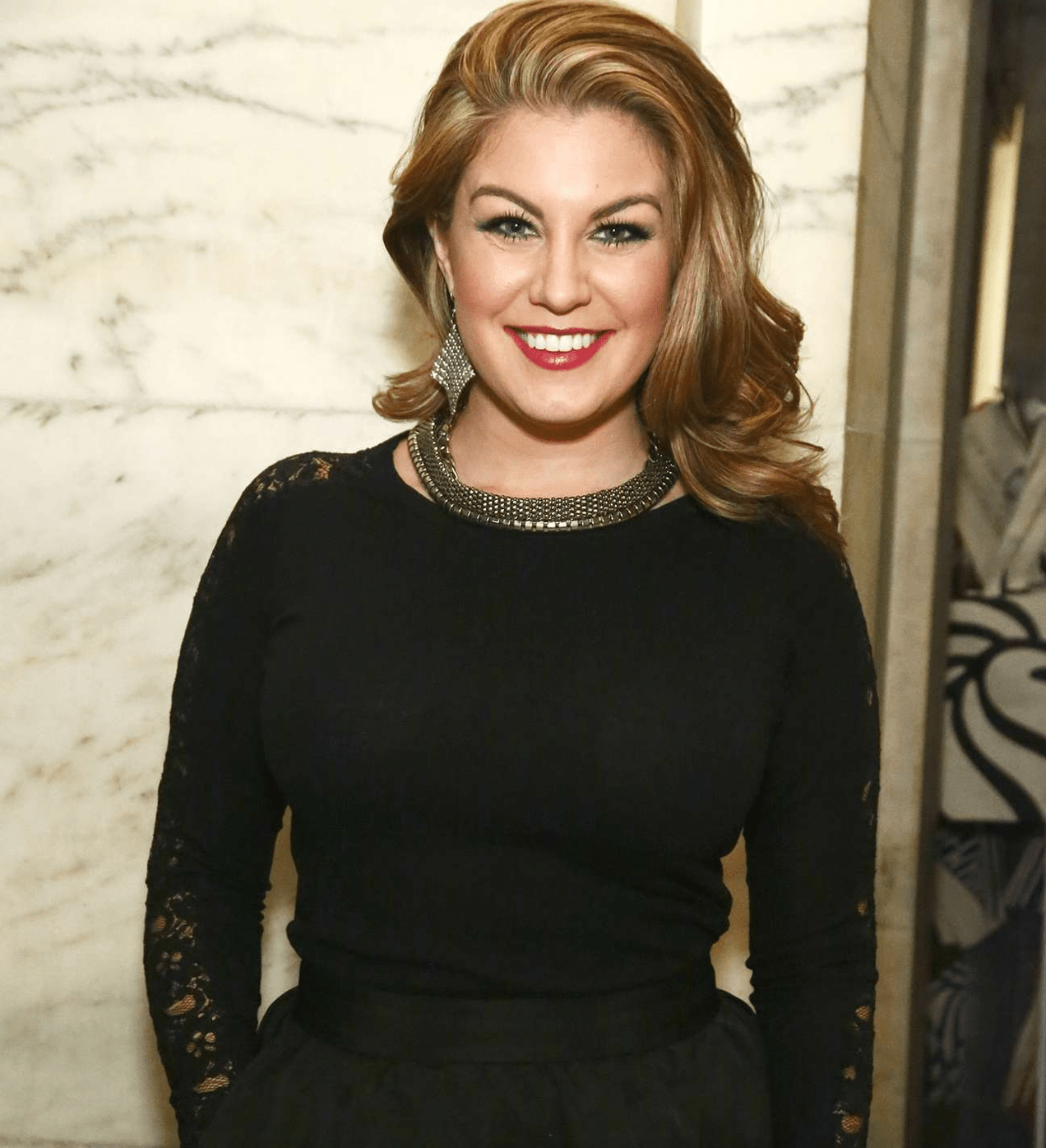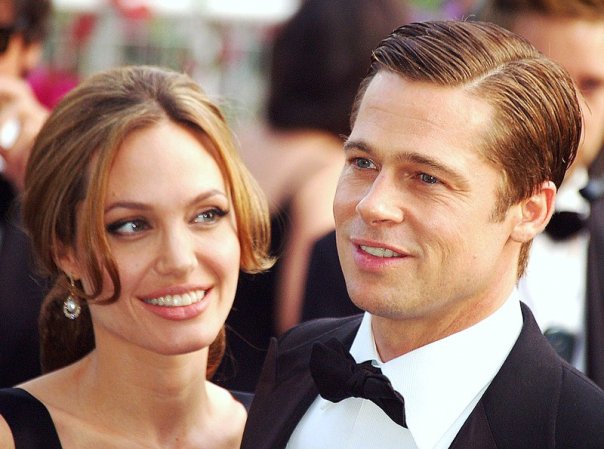How pageant culture “perpetuated racism, bullying, body shaming, and much more” is examined in A&E’s “Secrets of Miss America.”
Miss America is more than a beauty pageant, yet over the years, scandal has dogged the nation’s oldest beauty pageant.
The premiere of A&E’s Secrets of Miss America on Monday gives viewers an inside look at how the illustrious pageant is run. In it, more than 20 past candidates spoke openly about the alleged mistreatment they received from Miss America organization executives, revealing how the alleged slights occasionally had a serious negative impact on their mental health.
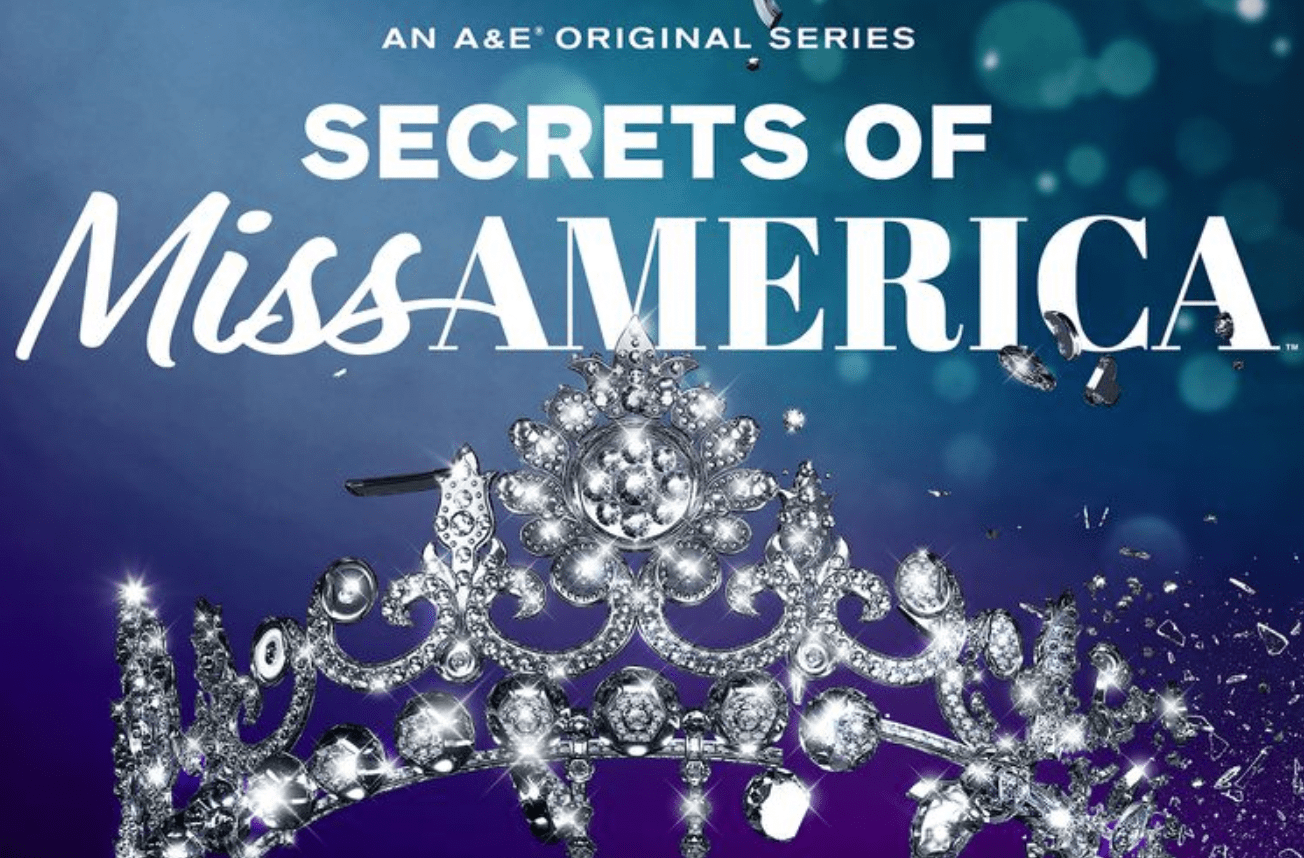
The series’ description promises viewers will “get a glimpse at the cost of wearing the crown and sash and how pageant culture perpetuated racism, bullying, body shaming, and much more.” “The special analyzes whistle blower leaked emails in 2017 exposing misogyny within the Board of Directors, claims of racism in the pageant’s history, the topic of mental health surrounding the competition, and the banning of the controversial swimsuit competition,” the description of the series reads.
According to Caressa Cameron Jackson, Miss America 2010, The show emphasizes the severity of the mental health issues some contestants have had as a result of exhaustion, loneliness, overwork, and other factors.
“I think that’s the thing that people don’t get,” she adds, “the immense amount of pressure that comes along with working towards something like this and upholding that standard for a year.”
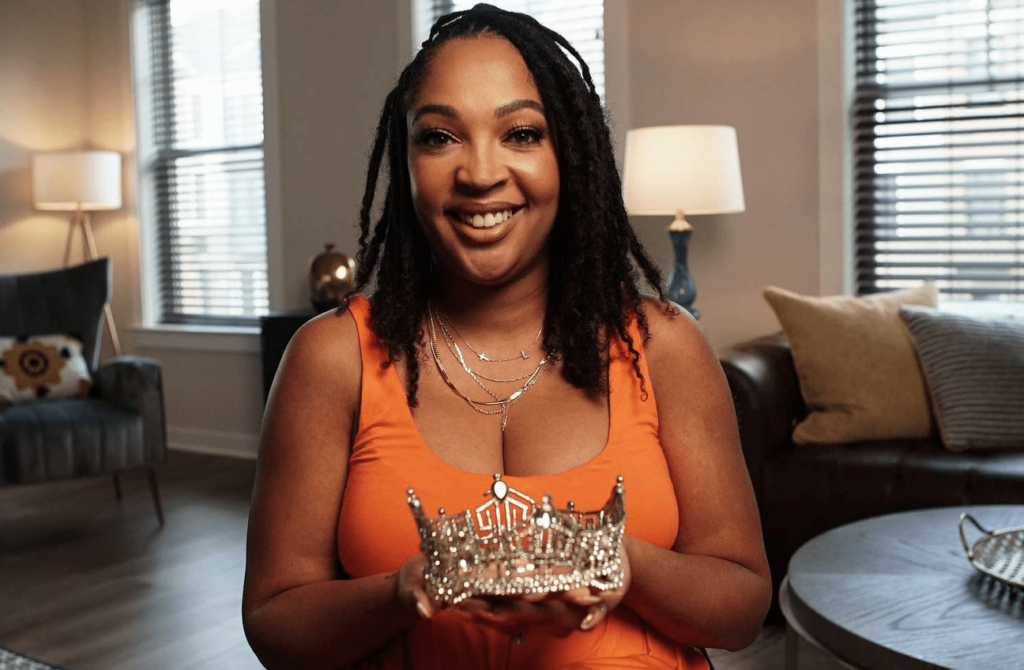
Since 1921 (the year after women gained the right to vote), Miss America has served as a standard for contemporary womanhood. Young women from every state compete in the televised annual competition for the title, $50K in scholarship funds, and the opportunity to tour the nation while advocating for a social cause.
However, as the women’s liberation movement gained momentum, more Americans started to speak out against racism and institutional sexism. In 1968, feminist activist Carol Hanisch organized a demonstration against the show’s alleged misogyny. Since then, Miss America’s appeal has decreased. According to NBC Los Angeles, the competition barely attracted 3.6 million viewers in 2019 as opposed to a staggering 27 million in 1954.
The first episode of the new A&E series focuses mostly on former Miss America Mallory Hagan, who claims that former Miss America CEO Sam Haskell and some of his coworkers tormented, body shamed, and slut-shamed her.
In 2017, Hagan’s ex-boyfriend, Brent Adams (also a former employee of Haskell), allegedly released internal emails criticizing the looks, intelligence, and sex life of previous pageant winners. The texts were made public by HuffPo, and Haskell and other senior executives quit soon after the controversy surfaced.
Haskell said in a statement that was a part of the film, “Much of what was reported is dishonest, misleading, and nasty. The content is based on personal emails that former workers stole […]. Those who know my heart understand that this does not represent who I am or how business-savvy I am.
Haskell said, “I have the utmost respect for the women of this show and contestants at every level.
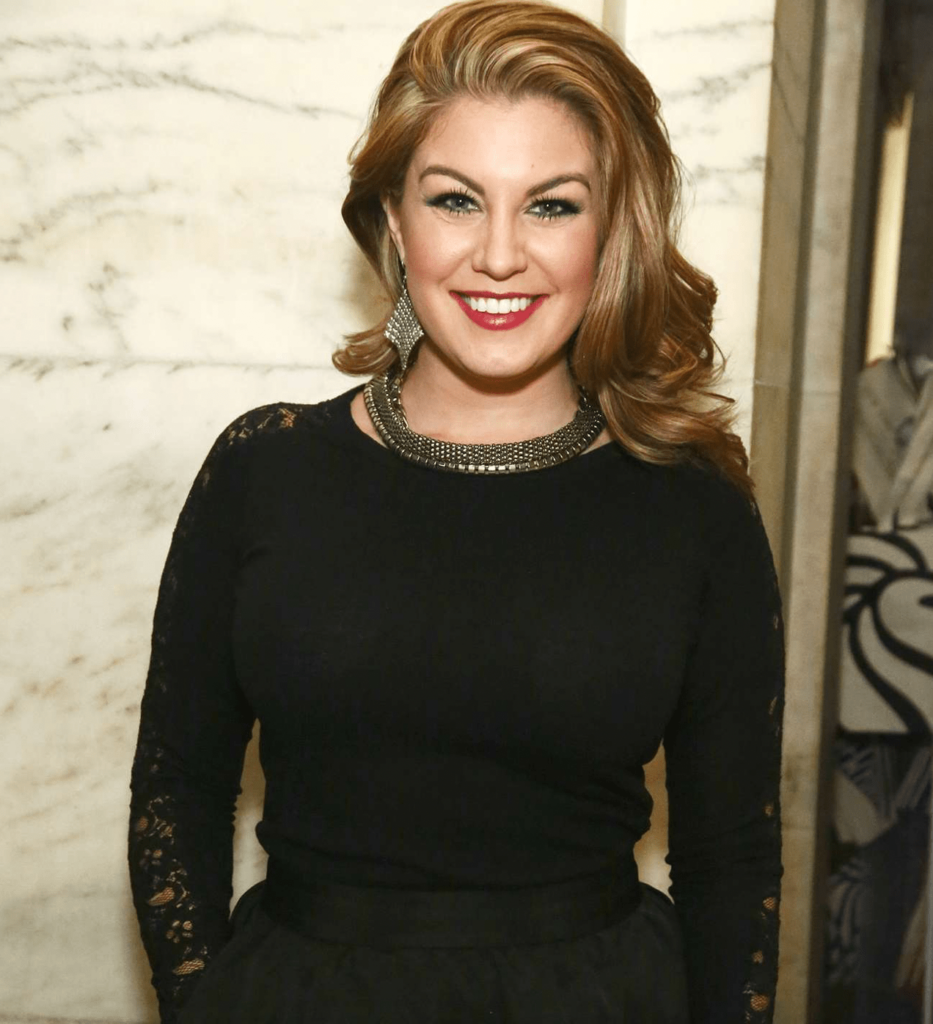
Hagan claims in the show that Haskell referred to her as “a whore and trailer trash” years after her 2013 victory. She further asserted that Haskell planned a cunning plan to ruin her coaching practice.
Mallory is preparing for her new career as a balloon in the Macy’s Thanksgiving Parade, a coworker of Haskell’s stated in a hacked email that was published in HuffPo and was mentioned in the episode. Haskell allegedly responded, “…we lost count of the number of men she slept with at 25.”
In the episode, Hagan admitted that she had considered suicide at one point.
Jackson thinks that one embarrassing conversation with her mother was a contributing factor in why she and Haskell never had a good connection.
“My mother, who works for the federal government, secured an appearance for me to sing at the White House Christmas Tree Lighting,” Jackson explains. She informed the [Miss America] organization via email that she would be my flying companion that day because she had the highest level of security clearance.
Jackson claims that Haskell accidentally pushed “Reply All” when responding to an email chain about the planned event because he “thought my mom was a little bit too big for her britches.”
“He says, ‘Who does she think she is?’” — in essence suggesting that my mum thought too highly of herself,” Jackson claims. “I pressed reply all as well, and I [said], ‘My mom was able to secure an appearance that you all have never been able to secure,’” the poster said. Perhaps you ought to give her credit for opening this door.
Only eight Black women have ever won Miss America; the first was Vanessa Williams in 1984. Since then, Jackson has become increasingly enthusiastic about leveling the playing field in the pageant. She tries to diversify the judging panels and has worked on the organization’s diversity and inclusion task group.
She asserts that “there has to be someone represented from all colors, different age groups, and different sexual orientations,” and that “viewers are going to be astonished to discover about some of the overtones of racism that have played into the history of the pageant.
“The country’s landscape at a certain time, of course, was very segregated,” she continues. But [at the organization] no genuine policies or structures were ever implemented.
Jackson also hopes that those in positions of authority inside the company will watch the show and adopt strategies to think more creatively. The current power brokers, she says, “will see it, hear it, understand our heart behind it, and affect some of those changes so that for the next hundred years, [future] Miss America’s will have nothing but wonderful things to say.”
